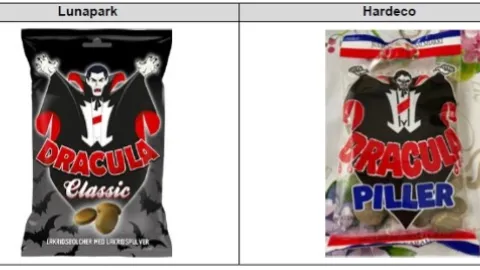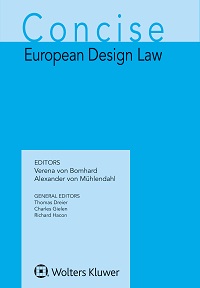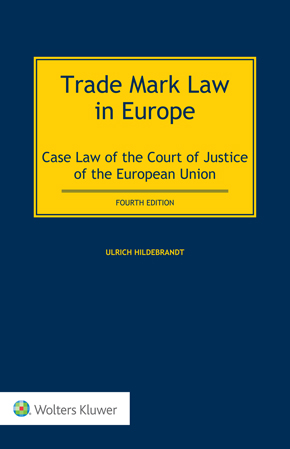Trademark case: Reed v. Marshall, USA
September 15, 2025
Two co-owners of the JADE mark had an unencumbered right to use the mark, were within their rights to license their interest in the mark to another singer, and could not be held liable to another co-owner for infringement.
The Lanham Act did not provide a trademark infringement cause of action in a suit by one member of the disbanded vocal group Jade against the two other members over the use of their jointly owned registered service mark JADE, the U.S. Court of Appeals for the Fifth Circuit has ruled. The Act was aimed at protecting consumers and owners of marks from fraud and deceptive acts and was not a remedy for disputes between co-owners of a trademark. Trademark dilution, false advertising, and false designation of origin claims also failed as incorrectly premised on the defendants’ alleged unauthorized use of the mark. Thus, the grant of summary judgment in favor of the defendants was affirmed (Reed v. Marshall, No. 24-20198 (5th Cir. July 2, 2025)).
Case date: 02 July 2025
Case number: No. 24-20198
Court: United States Court of Appeals, Fifth Circuit
A full summary of this case has been published on Kluwer IP Law
You may also like











